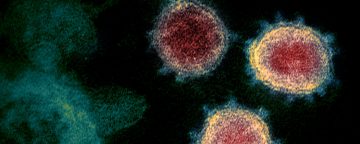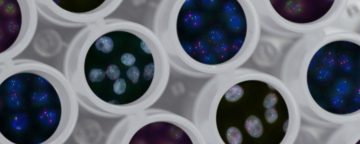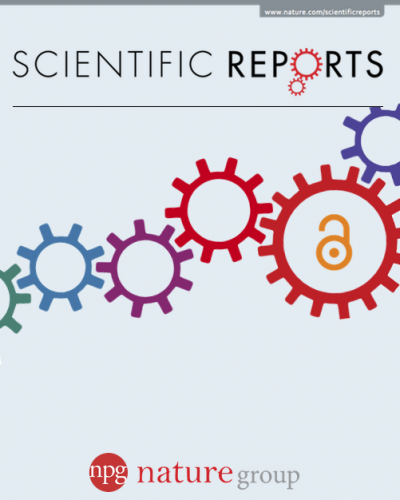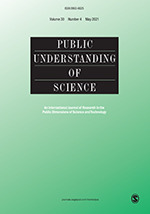Four in 10 Americans and 7 in 10 heavy users of conservative media say they'd take ivermectin if exposed to someone with Covid-19, a new Annenberg survey finds.
Science of Science Communication


COVID-19 Risk, Prevention and Treatment
The "Guide for Understanding How to Protect Yourself and Your Community" from COVID-19 offers valuable information about the disease and its origin, transmission, virulence, prevention and treatments.

Misplaced Trust: When Trust in Science Fosters Pseudoscience
People who trust science are more likely to believe and disseminate false claims using scientific references - pseudoscience - than people who don't trust science, a study finds.

Public Trust in CDC, FDA, and Fauci Holds Steady, Survey Shows
The top U.S. health agencies retain the trust of the vast majority of the American public, as does Dr. Anthony Fauci, the public face of U.S. efforts to combat the virus, according to a new APPC survey.

Jamieson Named to NAS Strategic Council for Research Excellence, Integrity, and Trust
APPC Director Kathleen Hall Jamieson has been named to a new National Academy of Sciences' council that will explore challenges "to the integrity and health of the research enterprise."

How News Coverage Affects Public Trust in Science
News stories about scientific failures that do not recognize the self-correcting nature of science can damage public perceptions of trust and confidence in scientific work, a study finds.

Treating the Covid-19 ‘Infodemic’ as an Epidemic
In the New England Journal of Medicine, science communication researchers from APPC and Critica propose to treat the Covid-19 “infodemic” with the methods used to halt epidemics.

Three in Four People Say Covid-19 Vaccines Effective – and Safer Than Getting Covid-19
A new Annenberg Science Knowledge (ASK) survey shows that three in four people say Covid-19 vaccines are effective, and safer than getting Covid-19. Another 15% are not sure, and may be persuadable.

